A prospect once asked me if keyword research is important or even necessary!
When I presented just a few quick examples, he reconsidered immediately. Now he is on a constant hunt for new keywords on a daily basis. No kidding.
Keyword research is not only about SEO and optimizing for the search engines. It’s also about us, the companies in need of traffic, visitors, and leads. It helps brands organize and structure a well-informed content marketing strategy.
It’s about our competitors and the needs of the market.
But more importantly, it’s about our prospects, customers, and their needs. And it’s about random visitors as well that are very valuable.
I’ll explain so let’s dive right in!
Keyword Research Importance
Deeper understanding of people’s needs
People are looking to solve specific problems and searching for information on products and services. They want to improve their lives and their current situation. They want to overcome challenges and obstacles. They want to learn new things, educate, and entertain themselves.
Example:
Let’s say you work at the marketing team of HubSpot, a company that helps other businesses with marketing, sales, and service software.
You want to know what terms people use online regarding your company.
You plug in your keyword tool that retrieves data from the search engines and you search for the term “HubSpot”.
You discover a bunch of different keywords people use. Like hubspot blog, hubspot website grader, hubspot inbound marketing, hubspot marketing blog, hubspot vs wordpress, hubspot langing pages, uk hubspot partner, and so on.
You can’t do much about the keyword hubspot blog. Besides, you run a blog and whoever wants to visit the blog, they can find it on their own.
But the 6th keyword in line gets your attention.
“Hubspot vs wordpresss”.
You say wait a minute. WordPress has little to do with our platform. You are curious and now you type in the term “hubspot vs” because you want to discover other brands that people use to compare your services beyond WordPress.
Now you discover even more interesting data.
Hubspot vs pardot, hubspot vs mailchimp, hubspot vs infusionsoft, hubspot vs salesforce.
Maybe you want to expand your search just a little bit although you already found 5 companies people compare your company with.
Let’s say you click on the term hubspot vs mailchimp.
You discover even more competing brands people compare with HubSpot.
The 5th line says hubspot vs marketo.
Now, let’s say you are not this guy working at HubSpot, but someone who wants to compare HubSpot with Marketo, our last finding.
You visit Google and type it in: hubspot vs marketo.
Boom. There it is. HubSpot listened to people’s desires and needs.
They rank #1 for the keyword hubspot vs marketo.
A dedicated landing page comparing Hubspot with Marketo.
Now, HubSpot can capitalize on all these keywords and create content tailored to people’s questions. they can create landing pages, advertisements and pop up messages that say “Hey, did you know that we beat Marketo?”
What’s even more interesting?
Marketo is not showing up on this first page of Google. Not even on the 2nd. They did not capitalize on this comparison. They might not discover it yet, although I strongly doubt it. They might not care or they just don’t want to invest in time and resources, or they may produce content in the near future. Every company is different.
But other websites appear for this specific term. Other websites want to rank for this term because they need this specific kind of traffic for a multitude of reasons.
If you’re interested in HubSpot but you are also looking for information on Marketo, and suddenly when you browse your Facebook feed you see an ad that says HubSpot Outranks Marketo 9 Times out of 10, won’t you click that ad?
Pick the language people use
When we study the specific keywords people use, we can pick the language they use to attract them with our advertisements and marketing messages.
This way, our messages are way more effective and appealing and we increase our chances of interacting with them. We can write copy for landing pages, ads, and follow-up campaigns using some of the words people use.
Example:
Let’s say I want to find fast-food restaurants near me. I use Google and type in “fast food Thessaloniki”, my town.
At the bottom of the page, in the section where Google presents related search terms, I discovered the term “street food thessaloniki”.
I never used such a term in my life. I only use fast-food. But as I can see, people are using the term. Maybe they are teenagers and they speak their own language. Maybe street food is now a thing in my country, I just did not know it until now.
I click on the term “street food thessaloniki”.
Right there on the top 2 results. TripAdvisor – the best street food in, and Vrisko – street food thessaloniki. And another one, this time a restaurant named “Street Food”.
And if we scroll down the page, a bunch of street food thessaloniki blogs and articles.
All these websites capitalize on this specific keyword, “street food thessaloniki”. They need this kind of traffic to redirect people to other properties, sell their own products and services, or they just need to increase their traffic and gain popularity, or a hundred different reasons.
For me, from a marketing agency standpoint, by performing a few keyword searches on Google, I could help a local fast food restaurant or any other company attract new customers using the language people use.
Untapped opportunities
As we are studying people’s keywords, researching the market, and the competition, we may discover new needs in the marketplace and untapped opportunities we can capitalize on.
Example:
The company Samsung wants to discover questions people make regarding its product line. they plug in a keyword tool, they search for the term “Samsung” and voila.
In just a few seconds, over 50 keywords. Divided by category of question: how, are, can, which, who, what, will, when, why, where.
Can samsung screen record? which Samsung tablet? samsung who invented it? what samsung phones are waterproof? will samsung buds work with iPhone? when samsung release new phone? why Samsung is better than iPhone? where Samsung tv made?
What can Samsung do with these keywords?
Maybe a dedicated Facebook group answering these questions, each question every day or a day of the week. Or maybe a video channel, a series of mini-tutorials and Q&A webinars. Maybe a podcast series interviewing consumers and fans.
They may produce a video trailer answering many of these questions altogether.
The possibilities are endless.
The thing is to answer people’s questions.
Quality improvements
By understanding our customers’ needs better, we are able to improve our product line’s quality. We may proceed with enhancements or remove unnecessary features or improve certain parts of our products or services. By knowing what is missing and what needs of people have not yet met, we create quality products and services everyone loves.
Better yet, when we know why consumers are not satisfied with our products and services, we improve our quality.
Example:
Let’s use again the company HubSpot from the previous example.
Let’s say you work for HubSpot and you visit Google and type in “Why Hubspot”. You type in these 2 words to find out what people are looking for in your company, to spot missing features or complaints. You should always research your brand name along with these words: why, when, how, what, who, etc.
The instant Google function you show these keywords right after why hubspot: is bad, is the best, is a dynamic website, marketing, crm, is dynamic, cms.
The term “why hubspot is bad” is obviously a term you should research.
You search for “why hubspot is bad” on Google. A bunch of related content: why go hubspot? in-depth hubspot review, the good the bad and the ugly, 9 honest reasons why hubspot does not work, 36 hubspot reviews, read customer service reviews, and so on.
Now you have a lot to read and find out if people are complaining, what they want to see changed, improvements you can make.
Product Development
We come up with new ideas for product development to satisfy new needs and capitalize on untapped opportunities. This way, we serve the market better and we become an authority brand in the marketplace.
Example:
Let’s refer back to the search term “Street food thessaloniki” from the previous example. By using a keyword tool this time, not Google, I search for this term and I dive deeper into the results by searching for related terms.
The term “corn dog thessalonki” gets my attention.
I don’t even know what this means.
Now let’s say I own a street food store in Thessaloniki. And until now, I did not know people were looking for this corn dog. I was offering hot dogs, souvlaki, pies, and other stuff the local market sells.
I used Google and searched for the term “corn dog thessaloniki”.
I discover an Instagram page, a listing on TripAdvisor, a recipe by Akis Petretzikis (a famous young chef) where he mentions that this is yummy snack with Frankfurt sausage ideal for kids parties, a delivery directory, another recipe, a Facebook page, etc.
I discuss it with other business owners, friends, and people in my circle, and I decide to add this recipe to my restaurant’s catalog.
I read about it and I find someone to produce this meal for me so I can sell it.
It may not work but experiments are what entrepreneurs are known for. It may be proved a valuable move and go viral. I may organize kids parties using Akis’ recipe.
Stay updated
People’s needs always change over time. A new economic downturn, a global event’s effects, changes in society’s culture, new competitors entering the market, new laws and restrictions, new ways of doing things, and thousands of other reasons cause changes in people’s behavior.
When we study keywords and research the market frequently, we stay updated and we are aware of those changes.
Example:
Let’s say you run a popular blog or an eMagazine about Los Anegles. The coronavirus pandemic caused a series of problems, restrictions, and lockdowns. As a result, people’s needs changed and they use the internet more than even before to stay updated with the news.
You use Google and type in “covid los Angeles”.
The engine shows up some first results, these are the most popular: update, testing, restrictions, lockdown, news, ca, restaurants.
By going deeper you discover even more keywords. By adding a space before the term ” covid los Angeles” I discover these keywords people use: things to do during covid los Angeles, rapid test, same day testing, test, antibody test, curative cvs testing. I can even add letters before and after the term to discover dozens of new keywords.
Are these keywords any useful? Absolutely, now I have a ton of new content ideas to produce articles, guides, and videos for my blog.
Trends
When we examine the trends, we are able to spot ‘hot’ sub-niches and sub-markets. We may use this information, to enter these new markets dynamically.
Example:
Let’s say I run a luxury hotel in Beverly Hills. I use Google Trends and search for the term “luxury hotel Beverly Hills”. I search only for trends in the United States for the past 5 years.
To my surprise, there are only people from 2 regions in the United States looking for this term. California – the obvious one, and New York.
So, people from New York are searching for luxury hotels in my town. Not any other state.
Is this information valuable to me? Absolutely. Now I can hire a New York marketing agency to run local campaigns for my hotel. I won’t spend any money on all the other states of the country. Not a cent. I am targeting only New York.
New York is a sub-niche for my business. It’s a specific group of people that is easily targeted and I predict my conversions will be high.
I can even capitalize on the peaks of the graph. Most of the searches for this term happen early June.
Internet/World’s Population
In today’s advanced technological environment, the internet is the most important medium to reach people all over the world with our marketing blasts.
We can reach new audiences in countries on the other side of the Earth.
We don’t have to spend a fortune to do that on expensive TV and radio commercials where we can only share our messages with the masses. Now we can only target very specific groups of people thanks to tools like Google Ads, Bing Ads, Facebook Ads, and so on at a fraction of the cost of traditional advertising channels.
Statista mentions…4.6 billion active internet users as of October 2020. That’s over half the world’s population.
Specific groups of people
We can target specific groups of people and refine our messaging by region or geographical location, age, status, gender, interests and hobbies, and so many other variables and parametres.
We can present our products and services differently to certain groups and we can test and measure the results in order to improve our messaging even further.
With tools like Google Ads, Bing Ads, Facebook Ads, and so on, where targeting people is a science, I can target only “athletic men between 23-24 living in Hungary with kids watching football” to promote my product and service.
Or I can target people who viewed products on my Facebook page, people who viewed shops collection on my Instagram, and people who added products to their cart on my Facebook page.
Why people buy
In a nutshell, people buy products and services to solve an urgent pain, a burning desire, and to satisfy needs. They exchange money for something that will improve upon their current situation in life and business, something towards their goals.
People buy products in order to survive and thrive, to gain status, and to become a part of a greater idea or community.
They want to save money, to make money, and they have dreams and hopes for the future.
And before they buy, they are performing research to discover the best and most affordable solutions for their needs at that current time.
More people search for “Best restaurants Florida” rather than “restaurants Florida”.
Others search for “steakhouse”, “seafood”, and this one “most romantic restaurant Florida”.
If you own a restaurant in Florida and you know people are looking for a romantic atmosphere, you may change your decoration a little bit, the music, your staff’s behavior, the lighting, and so on.
Customer purchase lifecycle
As we mentioned previously, people are researching for the best and most affordable solutions for their needs.
They may recognize a problem, an urgent pain, a desire and they look out for information online. They evaluate products and services to cover their needs and compare competing solutions. Then, they decide to purchase the best solution and they also evaluate their purchasing decision.
By knowing the specific keywords people use at every stage of their buying journey, we are able to provide them with the information they need.
They look for information to discover solutions for an urgent pain. This happens at the early stages of their buying journey. The research stage.
What is osteoporosis, what is osteopenia vs osteoporosis, what is the best treatment for osteoporosis.
Let’s get back to our previous example, the company HubSpot.
People at the early stages of their buying journey, the research stage lookout for information about the company they are interested in. They heard of this company somehow and they need detailed information.
They use terms like: what is hubspot, what is hubspot academy, what does hubspot do, what is hubspot good for, why use hubspot, hubspot services.
Then they move on to the next stage. Now, they are looking for reviews of products and services to find out if other people are satisfied and if there are any alternatives. This happens at the decision stage.
Like the company HubSpot that discovered people comparing them to other brands from the previous example we examined.
Hubspot vs pardot, hubspot vs mailchimp, hubspot vs infusionsoft, hubspot vs salesforce, hubspot vs WordPress, hubspot vs marketo.
Brands like HubSpot help move potential customers from the decision stage to the final purchasing/action stage.
They create relevant content answering people’s questions to eliminate their concerns and motivate them to take action.
Online marketing has boomed
More and more brands understand the efficiency of online channels for their messaging. It’s not only its effectiveness and the measurement of results, it’s also pretty less inexpensive than other traditional means of advertising, like TV, radio commercials, or billboards.
According to Neil Patel and AdWeek, over one-third of CMOs believe that digital will account for 75% of marketing spend in the next five years. That was back in 2014. And that has almost happened.
eConsultancy in September 2020 mentions that digital ad spend is set to overtake traditional advertising in 2020.
And they underline…
According to estimates by eMarketer, spending on digital ads had already overtaken spending on traditional advertising in the United States in 2019. eMarketer predicted in February 2019 that total digital ad spending would make up 54.2% of total US ad spending that year, amounting to $129.34 billion worth of ad spend. However, for the rest of the world, it seems to have taken the Covid-19 pandemic to put digital advertising spend ahead of traditional.
%
Total digital ad spending in 2019
Channels people spend time on
People use various channels online to find the information they’re looking for. They use search engines, social media channels, forums. They read e-books, e-magazines, and visit websites. And people use ‘Keywords’ on all those mediums they spend time on. Billions of searches every single day. But most of the searches happen on search engines.
In fact, 68% of online experiences begin with a search engine.
%
Online experiences that begin with a search engine
Source: BrightEdge
They use Amazon to discover millions of products in an instant.
They use Twitter to discover trending topics.
They use forums to discover specialized information.
SEO
Keyword research helps marketers improve their search engine optimization performance. They can use a variety of specialized tools and platforms to improve SEO and their visibility in the search engines.
And this is a huge battlefield where brands are competing for a piece of online real estate.
The more visible a brand is in the search engines, the more traffic it gets, the more potential customers it acquires.
Benefits of using keyword research and SEO tools:
- We get to know the average number of search a keyword receives per month
- How much traffic we will get if we achieve first-page rankings
- We know how many websites are competing for a keyword
- We know how hard it is to get rankings for certain keywords
- We know which keywords are the most valuable for a business and brand
- We monitor the trends and the interest of searches a keyword gets over a period of time
- We come up with ideas, new keywords and variations of keywords, and related terms to create new content
- We compile lists of question-based keywords to provide thorough answers with our content
- We spy on competitors and the reasons why they are getting rankings
- We monitor our rankings, when they go up and down
- We understand which SEO activities lead to better rankings
- We discover available domain names that we can use for specific purposes
- We get to know which keywords are being used in certain countries
- We are able to calculate cost per clicks on paid ad platforms
- We increase the performance of PPC and other marketing campaigns
- We analyze top performing ads for certain keywords
- We monitor CTR (click-through rate) and other important metrics
- We perform website audits to improve site speed, fix errors, issues, and other important metrics.
- We discover websites and properties that are linking to our websites or competing websites
- We track a site’s keyword ranking performance and overall visibility on the SERP over time to know what’s working and what’s not.
- We track competitors’ movement on the SERP to uncover gaps in their strategies and build on ours.
- We base our decisions on trustworthy data
- We optimize our content
- Improve customers’ experience
- We boost our rankings
- We see how accurate our local business listings are so we can boost our local presence
- We understand search engines’ differences
- We discover new niches
- and so much more
%
Website traffic comes from organic search
Source: BrightEdge, Ahrefs
Content marketing
Keyword research sets the tone for a brand’s content marketing strategy. It’s the primary mechanism that defines a brand’s content marketing plan to align people’s needs and the needs of the brand to reach more prospects and sell more products and services.
According to ConvinceAndConvert and DemandMetric, 70 percent of people would rather get information about a company or learn something from an article or blog post rather than from a traditional advertisement.
%
People that search for information about a company or learn something from an article or blog post rather than from a traditional advertisement.
Few reasons why companies invest in content marketing:
- Brand awareness, trust, credibility, authority
- People get familiar with a brand’s values
- Educates prospects
- Customer engagement
- Creates a feeling of community
- Loyal fan base
- and so much more
Increased traffic
The more we research and understand keywords, the more people we attract with our content thus the more traffic we drive to our online properties.
We attract prospective customers and random visitors.
Random visitors are important to any business no matter if we manage to turn them into subscribers, prospects, or customers.
Random visitors that find our information valuable may share our work with their networks. They get to know our brand and they may return in the future for a purchase.
Traffic begets visibility, popularity, and authority.
Brands with loads of traffic are those brands that people discuss and share their findings with their cycle.
Example:
One day a visitor asked if we could review the company “Skyway”. A new investing opportunity.
I did a little research and I found out that were people discussing this company. I thought it would be worth reviewing it.
We receive a number of requests but we can’t satisfy everyone. But this was a very interesting case, to say the least.
And so, after some keyword research and a thorough investigation, I published a review.
After a while, the page was getting a pretty good amount of traffic.
And although reviewing companies like Skyway is not our first priority; still, this kind of somehow random traffic is valuable to us. We mostly aim to create content about marketing services, advertising, and business strategies. But we invested some time to review this promising company.
As we can see from the Google analytics dashboard, the page was receiving 70 to 100 pageviews at the beginning, then it climbed up to 500 and 1,500 pageviews and reached 5,000 pageviews. The average time on page is 5 minutes 25 seconds. There are many comments, people were discussing the opportunity. Others were sharing links, videos, there was something going on.
Was the Skyway review page valuable to us? Of course, we run ads from ad networks on this page, we posted sponsored ads, we redirected people to other pages of our website, and we converted some of the traffic into email subscribers. Some of them became customers.
We earned links from other sites, forums, communities, social networks. We earned trust and gained visibility.
All of that because we listen to our visitors.
New audiences
When you perform keyword research and create content, you attract people from all walks of life. Some of them are potential customers, some are random visitors, some are partners, potential joint venture partners and so on. All traffic is valuable.
Example:
Let’s discuss the previous example with the Skyway company. We received traffic from all over the world. People looking for online opportunities, investors, entrepreneurs and company executives, etc. These people shared our article with others and our traffic increased.
And when you have traffic, you can monetize it. You can sell products and services, get sponsorships, run ads, and so on.
Brand awareness, trust, credibility, and authority
When a brand invests in content marketing it becomes active in the online world. It appears in search results, images, video thumbnails, social platforms, communities, forums, networks. It’s a brand that answers queries that prospects ask and it demonstrates power and superiority.
It’s a brand that people talk about, interact with, and share with their network. It’s a brand that people trust, a brand that’s becoming an authority in the industry.
Example:
A while ago as I was performing keyword research, I discovered the term “Affiliate marketing statistics”. I thought why not. Let’s invest in this keyword.
The page became somehow popular and earned links even from authority sites, giant companies.
This is amazing!
Our “affiliate marketing statistics” page has over 300 domains linking to it.
Domains like: HubSpot, Shopify, LinkTrust, Kinsta, 99firms, ippei, PostAffiliatePro, SmartInsights, Taboola, TapAffiliate, BusinessInsider, Impact.
Educating prospects and visitors
Consumers have questions that need to be addressed. They need additional information on your product features, pricing, and how to use them properly without losing valuable time and energy.
Brands that are aware of these consumer needs’ can help them make well-informed purchasing decisions.
Very often brands invest in tutorials, guides, case studies, and so on.
Example:
The company ElegantThemes is the perfect example. More than 500,000 entrepreneurs, brands, web designers and developers use their WordPress themes to design beautiful websites for themselves and their clients.
We use the ElegantThemes toolkit as well.
They knew people are looking for information on their product features and they needed help to design better websites faster.
They listened and invested heavily in guides, tutorials, case studies, and they are also offering pre-made designs to complement their products and accelerate the success of their customers.
Also, they are answering questions prospective customers have and they address all their concerns.
Prospects can not only use a demo version of their themes but they can read hundreds of blogs, articles, and guides, they can watch the YouTube channel, listen to the podcast to decide if this is a brand they want to invest in.
It’s a company that cares!
It’s a company that also invests in product development and they add new features on a weekly basis. They enhance their product line and they provide updates constantly.
As a result, they have built a loyal fan base of ultra-satisfied customers, including me.
Qualified leads
Brands that perform keyword research frequently are able to produce content people are actually interested in consuming. These brands are attracting qualified prospects and leads that have a higher chance of converting into paying customers and clients.
Example:
People that are actively looking for product reviews have higher chances of converting into customers. They did their primary research and are searching for opinions to shape their final decision. They are one step away from purchasing.
When we participate in affiliate launches, we know that people would be looking for terms like: product X review, reviews, is it a scam, why product X, product X plus owner name, product X bonuses, and so on.
We create review and landing pages, we run ads and also gain organic traffic through the search engines, social media, and other properties that link to us. We present facts, walk them through the features, and share our personal experiences. We may offer exclusive bonuses to further motivate them to take action.
Increased conversions
By targeting specific groups of people that are very interested in our products and services and by creating content to answer certain questions and to address product issues, we are increasing the chances of conversions. Not every prospect will convert into a paying customer but by creating content without a proper plan or even worse by creating content randomly, we are wasting valuable time, money, and resources.
Example:
We mentioned earlier the company Samsung and how they are able to produce content based on people’s questions.
Just by diving deeper into the results, Samsung can capitalize on these kinds of keywords to increase conversions even more.
A series of keywords categorized by word: is, to, near, with, without, for, can.
Is samsung bad? is better than apple? can’t download apps, can’t connect to wifi, Samsung with free watch.
Longtail keywords
Longtail keywords may attract a lower volume of online traffic, but these are the keywords that lead to higher conversions. These keywords also enhance a brand’s content authority and improve its visibility and presence online.
%
Search queries that contain four words or more
Source: Ahrefs
Example:
People search for “search engine submission”.
But if we chase longer-tail keywords, we can create content faster and target people easier.
We may look out for terms like “search engine submission software”, or “free search engine submission list”, or “free search engine submission software”, or “free web search engine submission”, or “search engine submission site list” as the keyword tool suggests. There are longtail keywords that get decent traffic.
A feeling of community
Brands that invest in keyword research and content marketing, are becoming visible, get credibility, authority, popularity, and receive tons of traffic.
And some brands take it one step further and they build inner forums and hubs, departments where visitors can interact with each other, ask questions, get advice, and so on.
Example:
The brand Moz has built an inner forum. They say…Browse through our most recent questions about online marketing and Moz products here. You’ll also find the freshest discussions about all things SEO. People participate and respond to questions and answers. This is a live community.
We Teach
Marketing & Business
Live on Zoom
Your host: Tasos Perte Tzortzis
Schedule an interview so we can evaluate where you are right now, your needs and goals, and we'll give you a detailed analysis of how the workshops work
*30-Day Free Trial
Opens doors
When a brand becomes visible, it attracts potential customers, sponsors, influencers, business owners with reach and following, joint-ventures, and partners.
This is how brands are able to move on to the next level by building strong relationships with other businesses and mutual campaigns.
All of that, thanks to keyword research and content marketing.
Example:
We invested heavily in keyword research and content marketing. As a result, we have people contributing to our blog from a variety of industries, we have sponsors, partners and joint ventures.
We are getting approached by affiliate managers and brands to help them promote their products and the list goes on.
Related:
- Our network page.
Final Words
There you have it, a multitude of reasons why keyword research is so important. I gathered facts, statistics, and I presented some examples.
Are you performing keyword, market, and competition research?
Wanna know more about it and how it can help your business grow?
Schedule a free video-call interview to help us understand where you are at your business right now, your needs and goals, and we will give you a detailed analysis of how we work. Then, we’ll create the first campaign for you for free to prove we can get you results.
That’s it, another article has finished, here on Web Market Support. I am waiting for your comments and thoughts. Till next time.

Tasos Perte Tzortzis
Business Organisation & Administration, Marketing Consultant, Creator of the "7 Ideals" Methodology
Although doing traditional business offline since 1992, I fell in love with online marketing in late 2014 and have helped hundreds of brands sell more of their products and services. Founder of WebMarketSupport, Muvimag, Summer Dream.
Reading, arts, science, chess, coffee, tea, swimming, Audi, and family comes first.




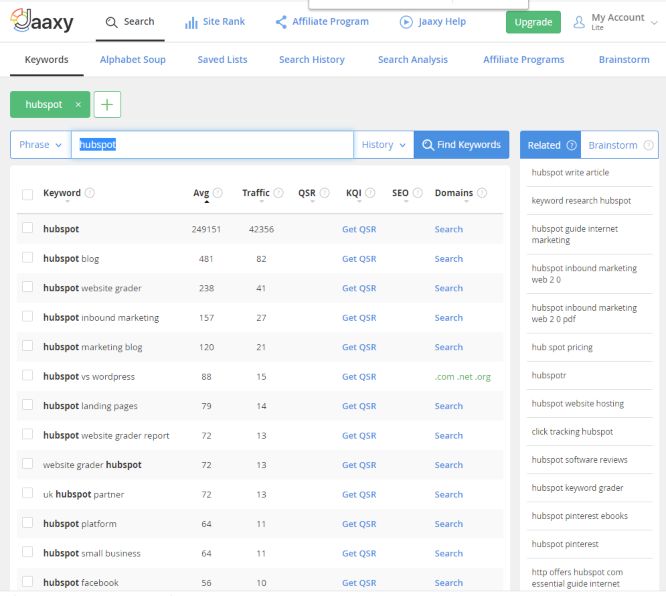
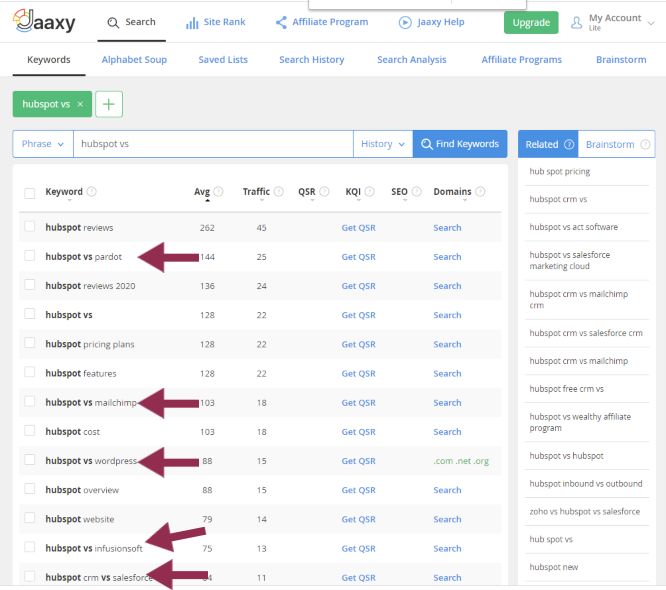
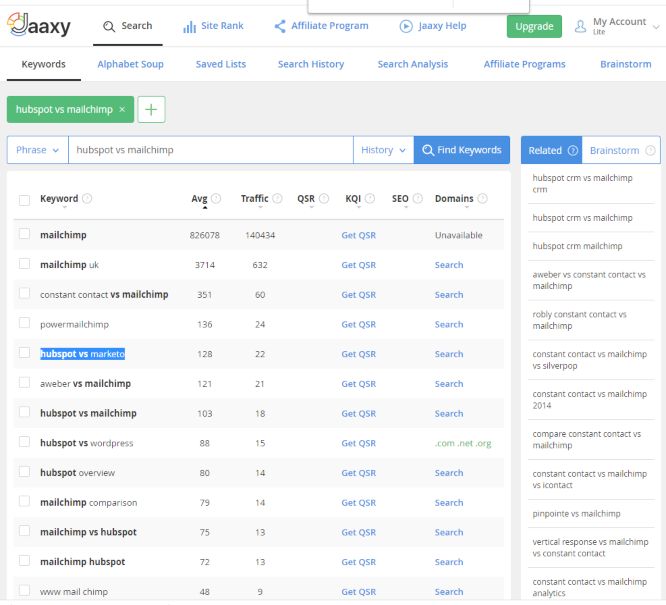
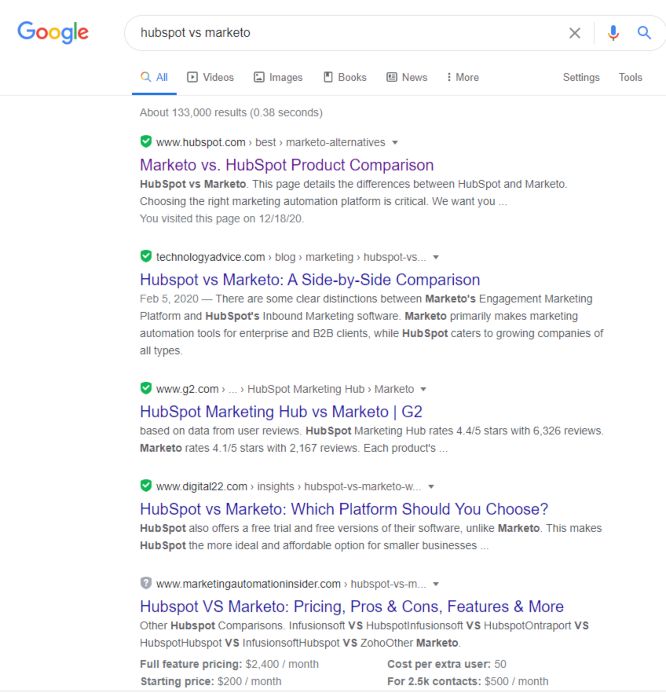
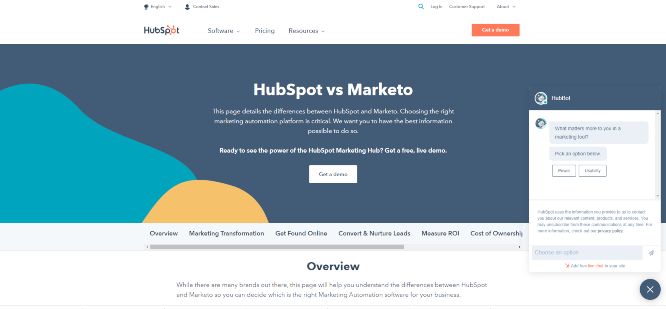
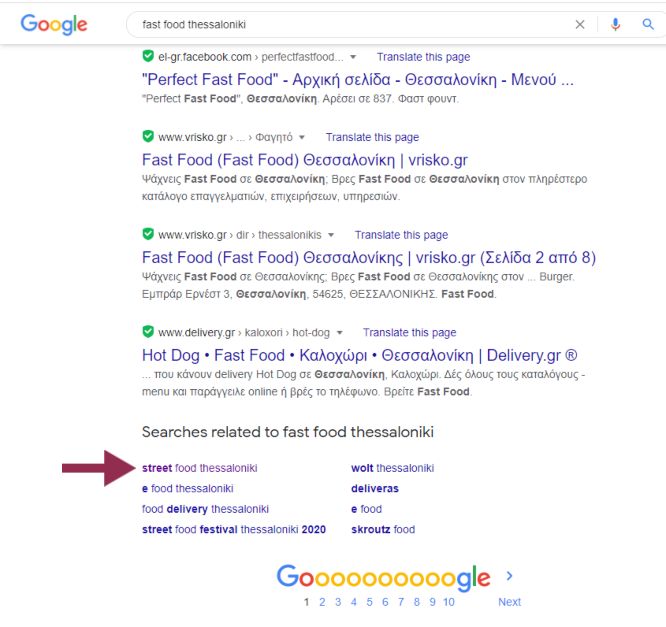
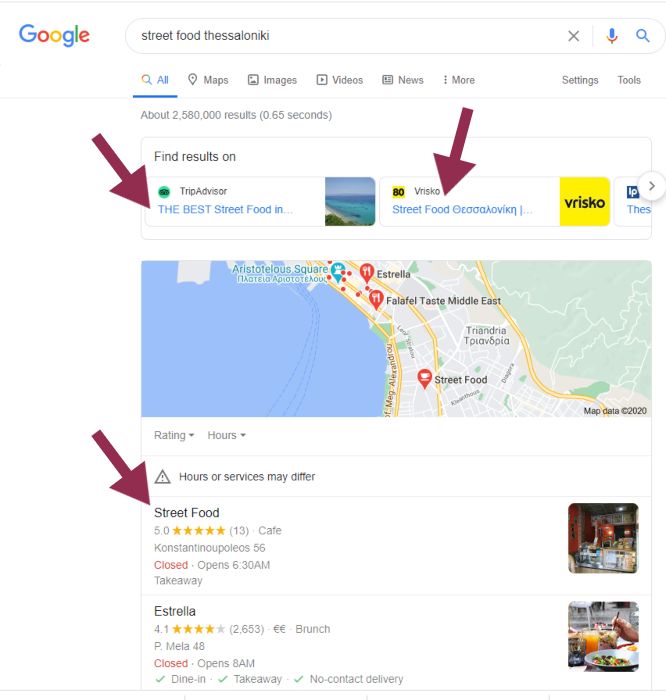
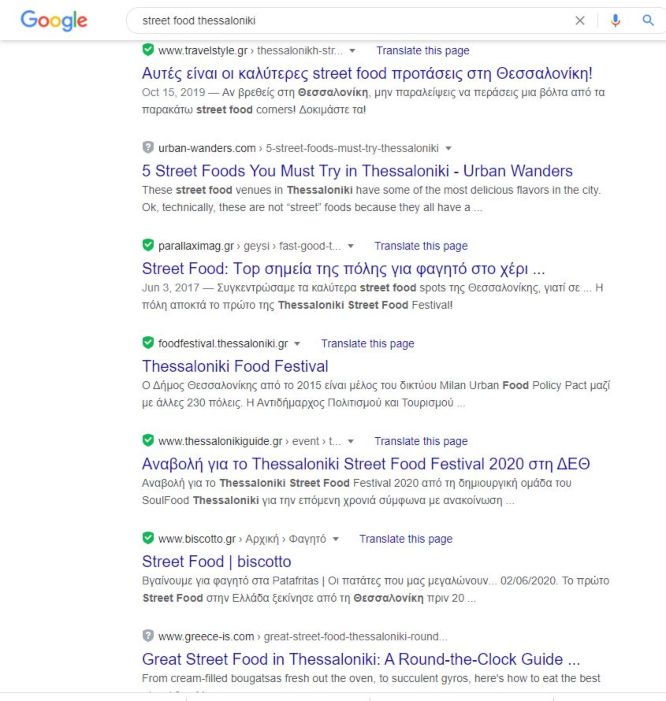
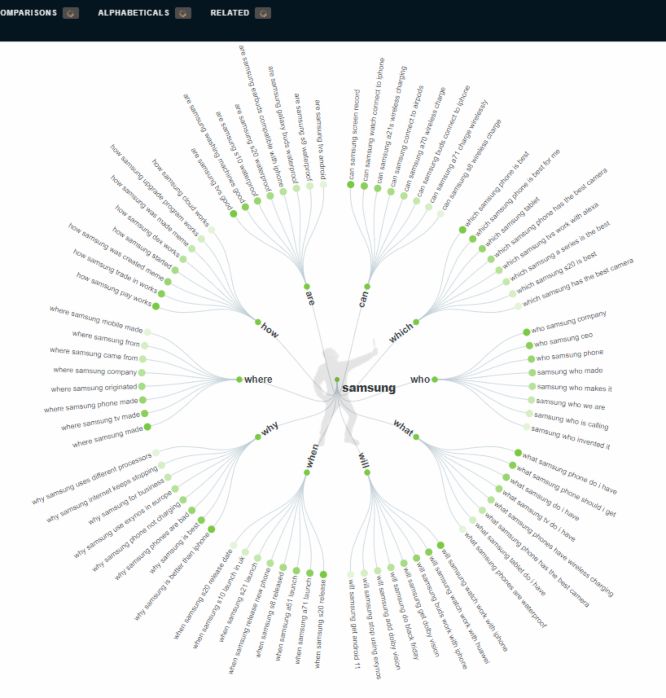
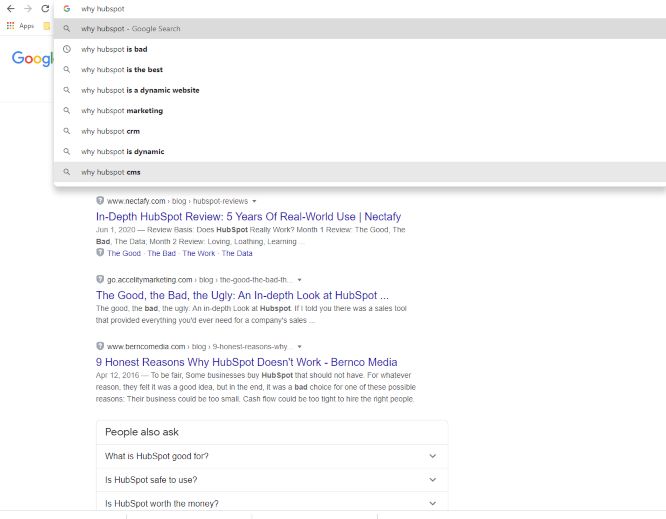
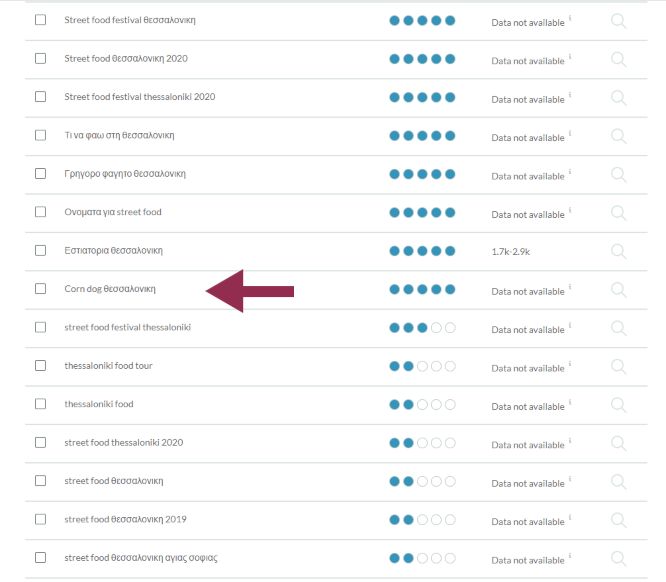

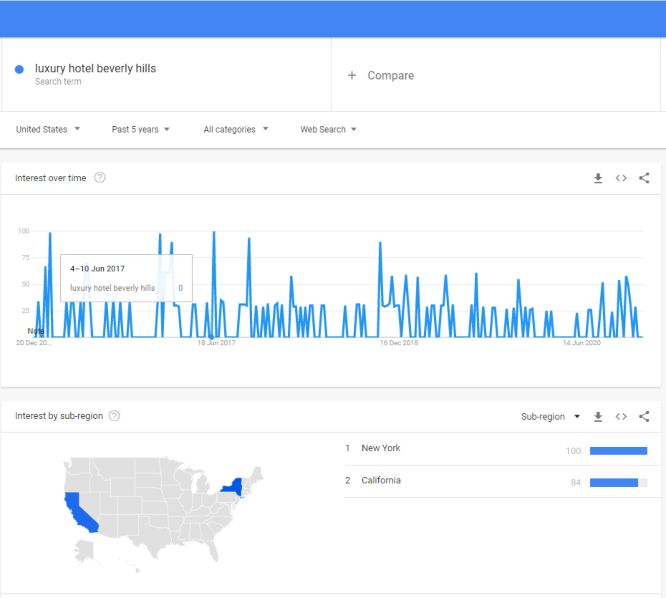
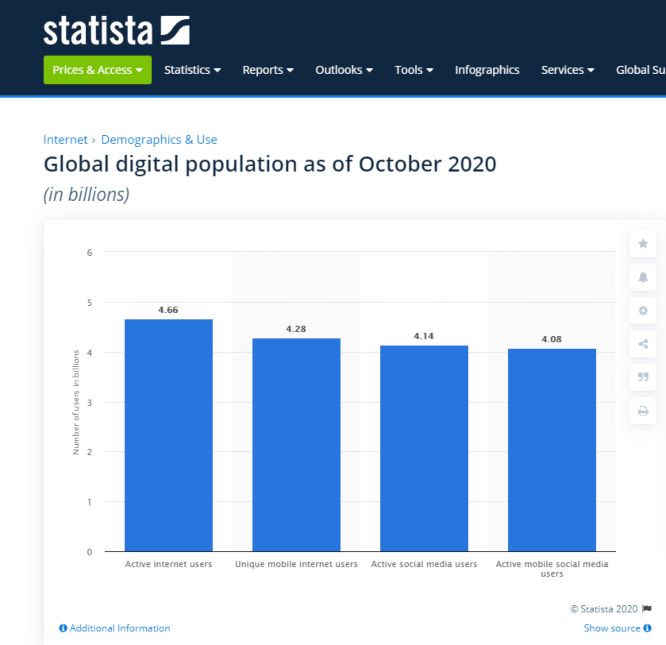

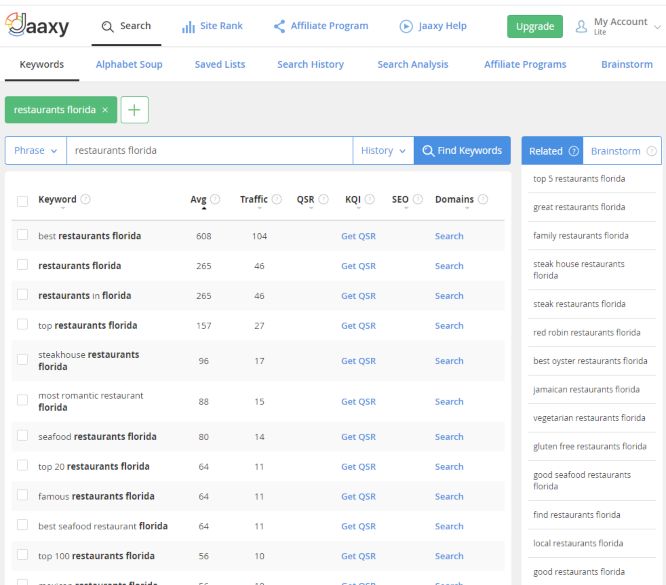
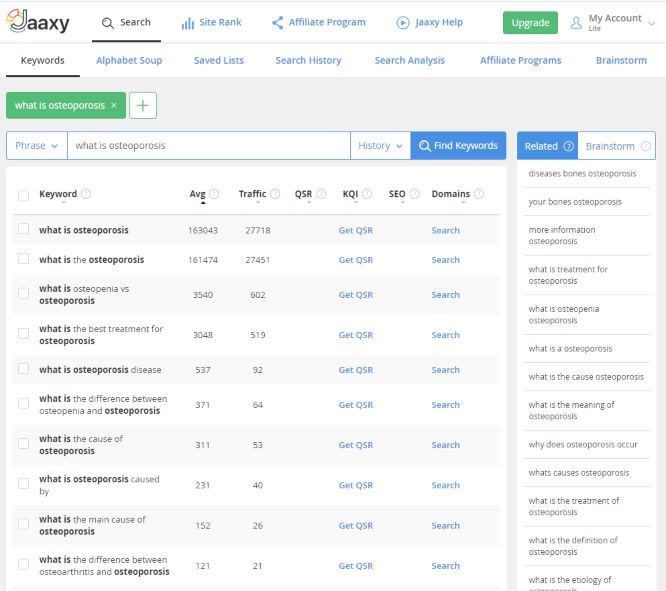
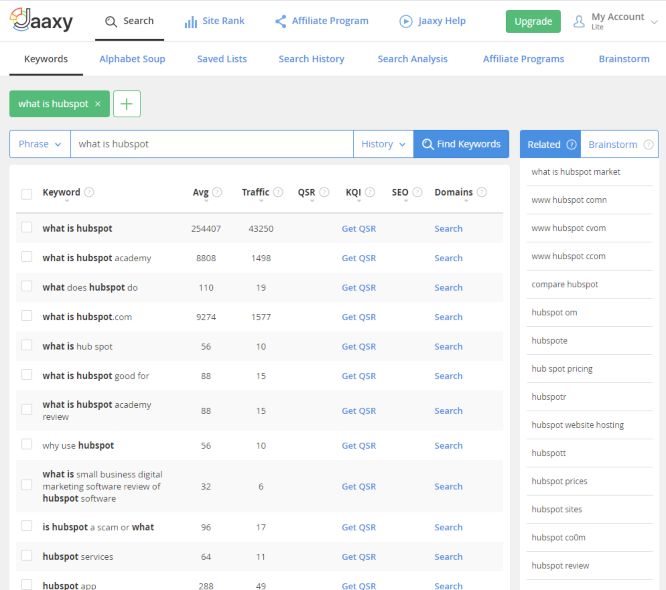
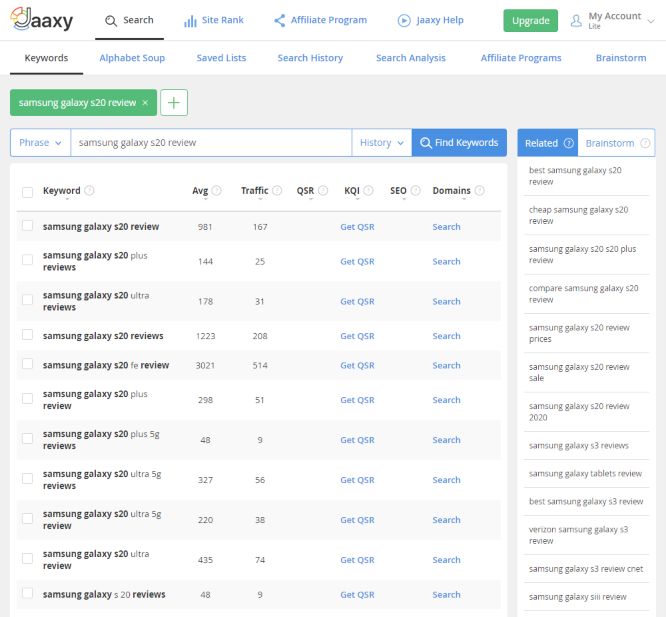

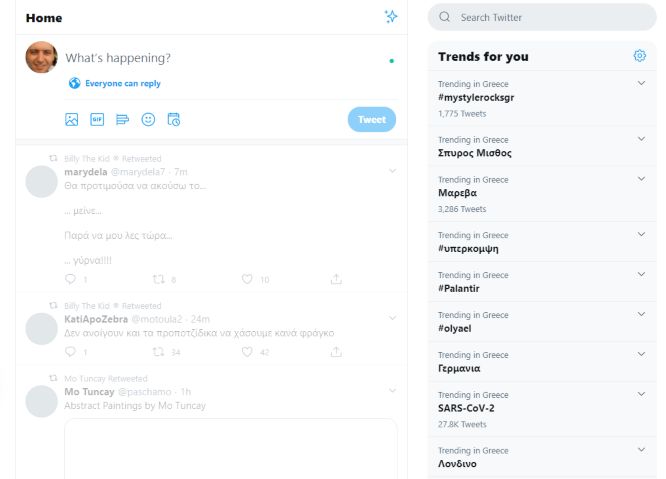
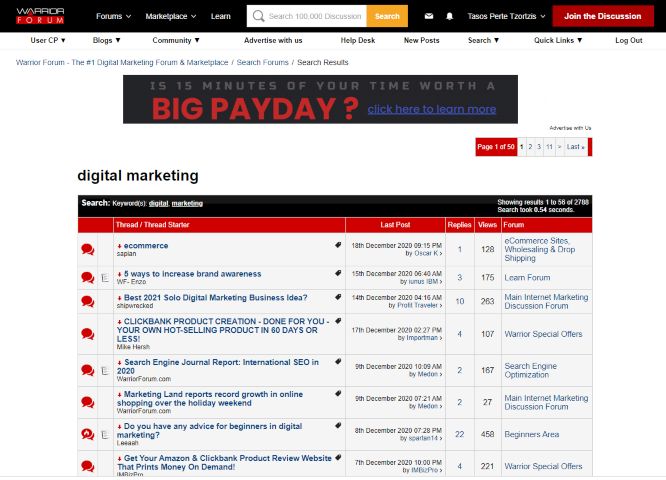
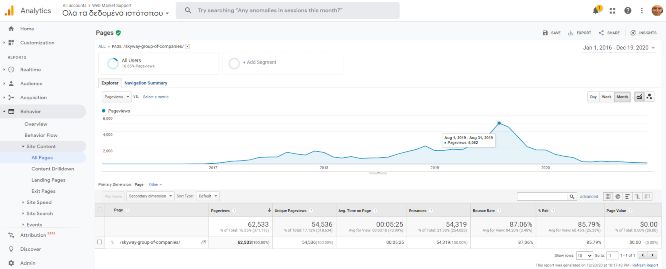
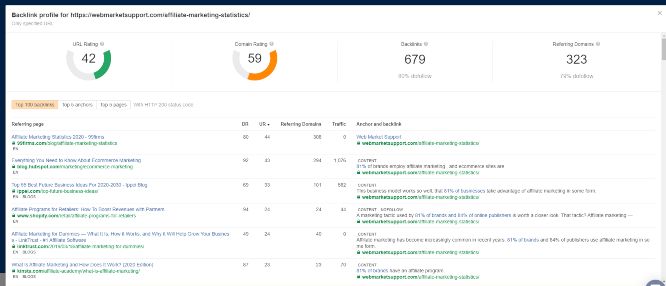
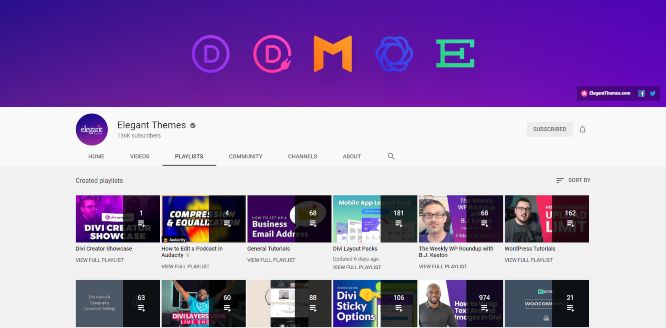
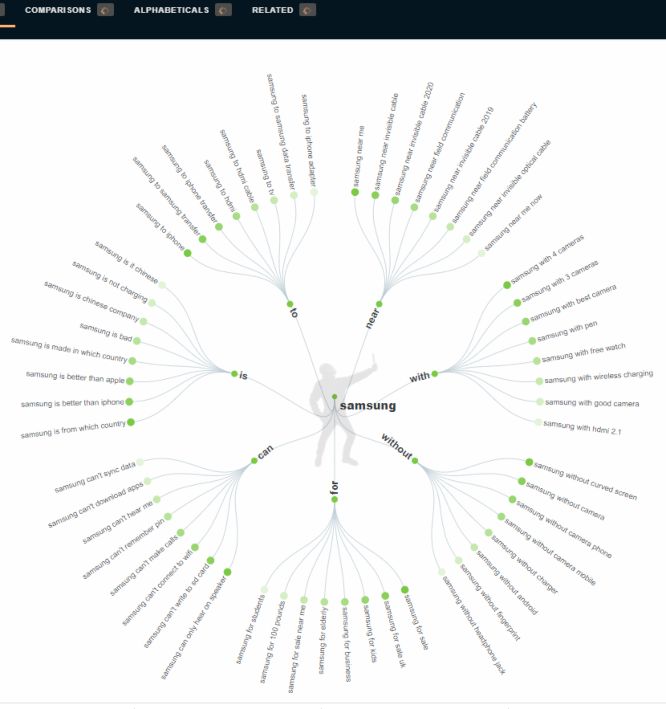
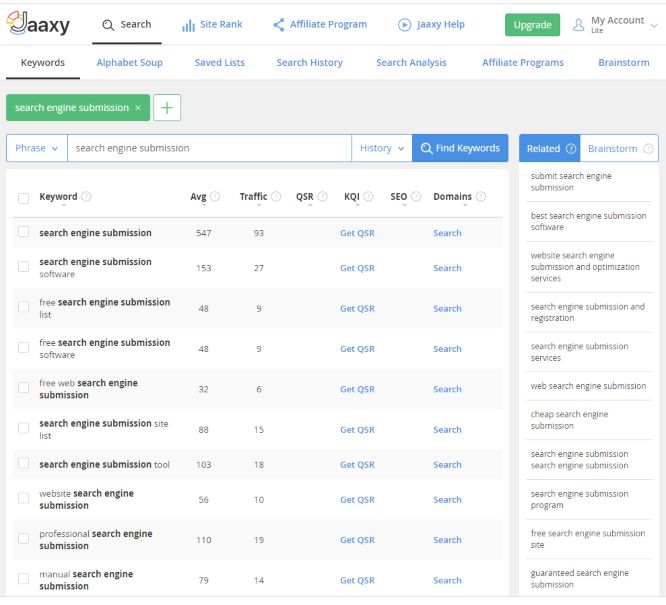







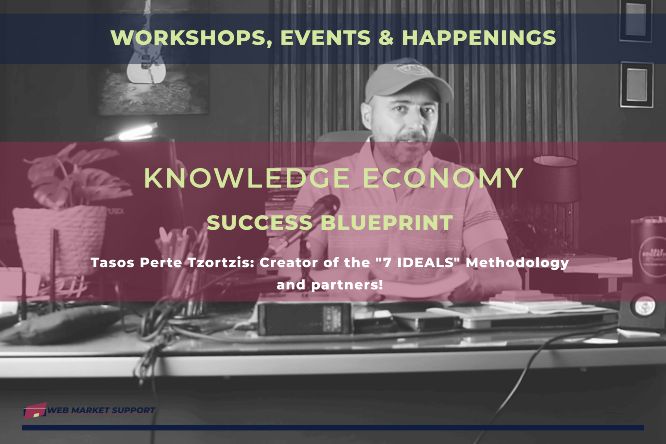
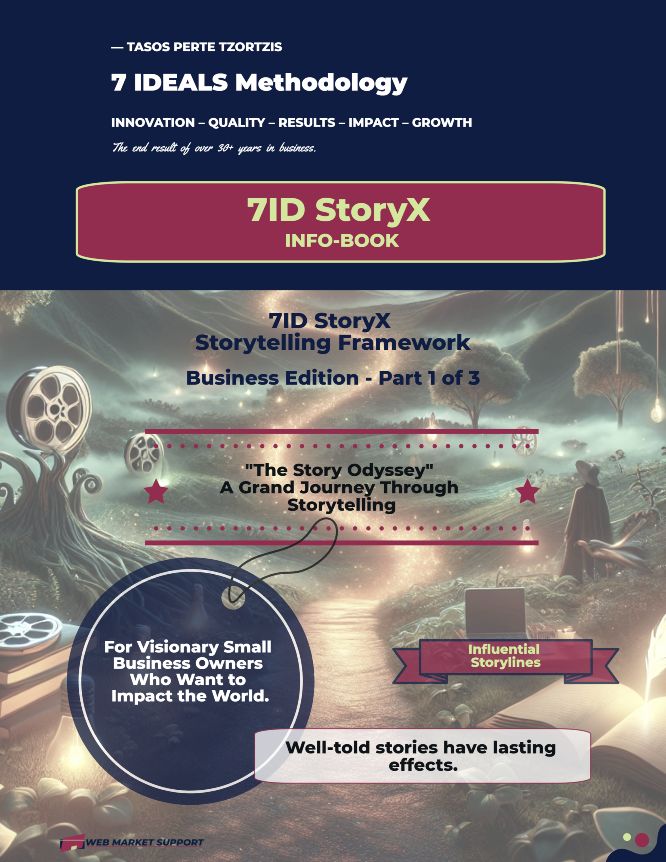






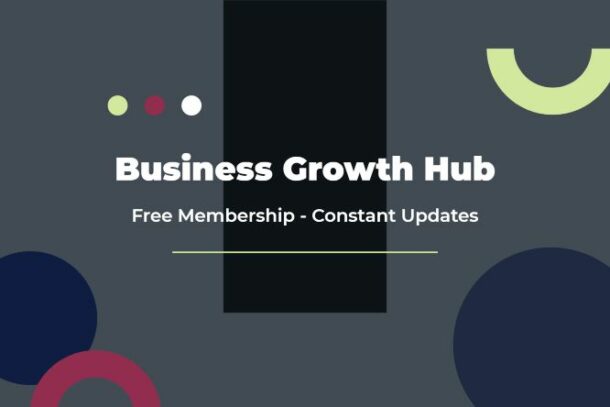
0 Comments